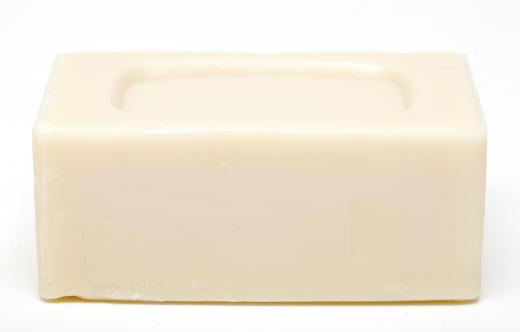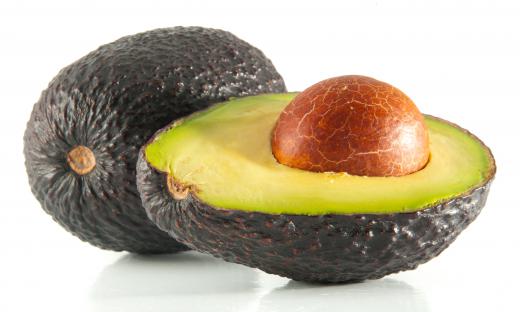Castile soap is a soap made with fat of purely vegetable origin, rather than animal fats such as tallow. This type of soap has historically been highly prized and viewed as a high quality soap which is gentle on the skin and useful for a range of other applications. Many stores sell castile soap, and this soap is a specialty of several regions in Europe, where it is made with various traditional ingredients. It is also possible to purchase this type of soap base for the purpose of blending your own soaps.
This soap is said to be named for the Kingdom of Castile, a region in what is now known as Spain. Evidence seems to suggest this soap actually originated in Northern Italy, and spread outwards from there, although this soap is so ancient that it is a bit difficult to pin down the precise details of its history. In Castile, the soap was made with olive oil only, and some people differentiate between capitalized Castile soap, made with olive oil, and lower case castile soap, made with other vegetable oils.

Although olive oil is the traditional base oil, the soap can be made with coconut, hemp, avocado, almond, walnut, and many other vegetable oils. The composition of the soap will vary slightly, depending on which base oil is used. In pure form, the soap is white, hard, and odorless. Many soapmakers also make a liquid version, which is odorless and pale cream to white, often thickening in cool weather.

Once the base is made, castile soap can be scented with various floral ingredients, blended with oatmeal and other coarse materials to assist with exfoliation, or treated in other ways to create soap with specific purposes. The soap is often used as a hand soap in fine hotels, and the soap can also be used as a general body soap, a shampoo, or a general cleaner. These soaps can be used to wash clothes, scrub floors, bathe pets, and in a variety of other situations when something needs to be cleaned.

This type of soap is often highly prized because it is made with natural ingredients, appealing to people who want to be environmentally conscious. It is also very gentle, suitable for people with sensitive skin along with delicate surfaces and fabrics ranging from soft stone to silk. Some people like to blend their own soap, using a base and essential oils.
Ever since she began contributing to the site several years ago, Mary has embraced the exciting challenge of being a About Mechanics researcher and writer. Mary has a liberal arts degree from Goddard College and spends her free time reading, cooking, and exploring the great outdoors.

